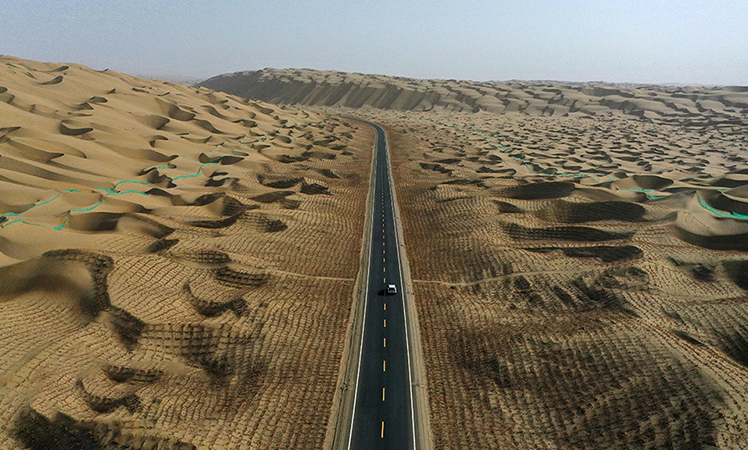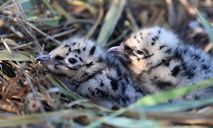Study reveals sustainable agriculture in north China 5,500 yrs ago
BEIJING, July 4 (Xinhua) -- A study revealed that around 5,500 years ago, people had already developed agriculture in sustainable intensification of millet and pigs in north China.
Previous studies, through the carbon isotope data of domestic pig bones, believed that both pigs and humans in the Neolithic Age in north China consumed millet, forming a competitive relationship.
Chinese researchers from Lanzhou University analyzed data from studies of phytoliths and starches from pig dental residue and isotopes of millet grains excavated from the Dadiwan site, a Neolithic site dating back to 5,500 years ago in northwest China's Gansu Province.
They found that people at that time ate millet crops, pigs were fed with millet crop residues and millet fields were fertilized with pig dung, demonstrating intensive crop-livestock sustainability in agriculture.
The sustainable system ultimately underpinned the more complex societies, such as cities and states in the region, said the study results published in the journal, Nature Sustainability.
Photos
Related Stories
- Global agrifood market more balanced, but trade costs must fall: FAO
- Commercial services in agricultural sector help increase farmers’ income in Hunan
- China to promote cold-chain logistics development for agricultural products
- China tops the world in globally important agricultural heritage systems
- An animated trip through history across the Yangtze River
Copyright © 2022 People's Daily Online. All Rights Reserved.









